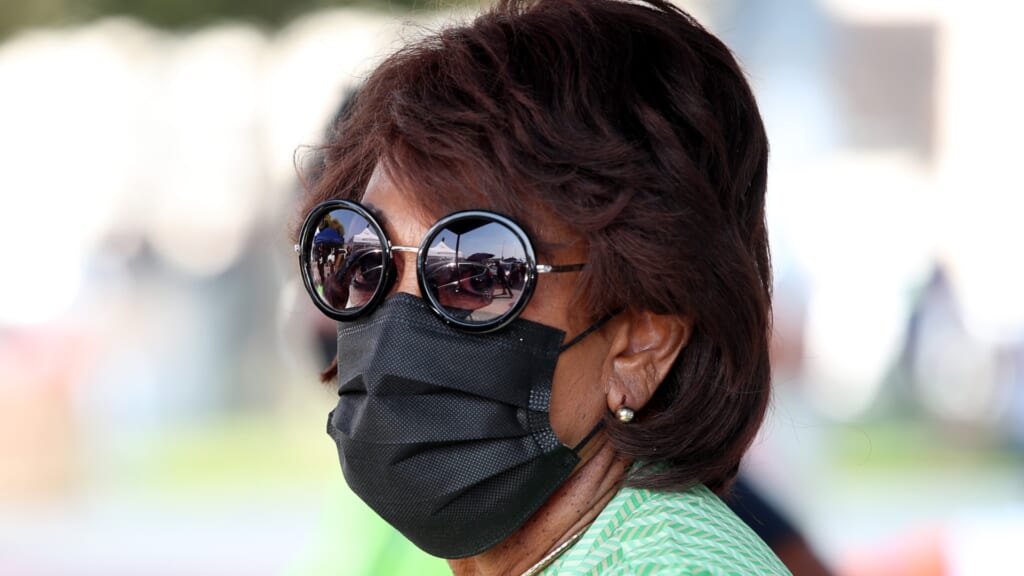Maxine Waters introduces bill to end bias against job applicants with criminal records
The Workforce Justice Act would incentivize states to encourage all public and private companies to 'ban the box.'
Longtime California congresswoman Maxine Waters and her also-Democratic colleague, Maryland’s David Trone, introduced the Workforce Justice Act on Wednesday hours before the House of Representatives voted on the George Floyd Justice in Policing Act.
The historic effort would assist the more than 70 million Americans who have challenges re-entering the workforce after being incarcerated by removing the question of previous incarceration from job applications.

The effort has previously been known as “Ban the Box.”
The bill would incentivize states to encourage all public and private companies to eliminate the criminal-history question by tying its implementation to critical criminal justice funds from the federal government.
Rep. Waters wrote in a statement that “for previously incarcerated men and women who are doing their part to reintegrate into society, the job application process is often stressful and debilitating due to the rate at which they are denied consideration for employment because of the fact that they have served time.”
Read More: California to give 40% of vaccine doses to vulnerable areas
“This legislation to ban the box would take critical steps forward to ensure that the over 70 million Americans who have an arrest or conviction record are not left behind,” her statement contends. “By prohibiting private employers from asking about the criminal history of a job applicant prior to the extension of a conditional offer of employment, like my state of California has already done, job applicants with a criminal history will be evaluated based on their qualifications alone and have a fair shot at rebuilding and reclaiming their lives.”
Rep. Trone, a co-founder of Total Wine & More elected to Congress in 2018, stated, “Right now, far too many justice-impacted individuals, primarily people of color, aren’t being given a fair shot at employment because of their criminal history.”
Read More: Tampa police officer fired for using N-word
“When my company banned the box and hired 500 returning citizens, we saw a higher retention rate and more dependable employees,” Trone maintained. “Banning the box isn’t just good for business, it’s just the right thing to do and brings us one step closer to a more just society.”
Currently, 36 states, the District of Columbia and over 150 cities and counties have adopted a “Ban the Box” policy. Fourteen states, including Maryland and California, plus 20 cities and counties have extended these policies to private employment.
In 2019, late Maryland Congressman Elijah Cummings’ Fair Chance Act, which banned the criminal-history box for federal agencies and contractors, was passed and signed into law.
Have you subscribed to theGrio’s “Dear Culture” podcast? Download our newest episodes now!
TheGrio is now on Apple TV, Amazon Fire and Roku. Download theGrio.com today!
